Standing between the producer and the consumer in a complex supply chain can be a fine balancing act for any roaster. Quality, price and availability consistently come top as major factors when it comes to making a buying decision. But the underlying motivations that underpin these decisions can vary widely depending on a coffee roastery’s ethical or sourcing policy and needs of their end-customers.
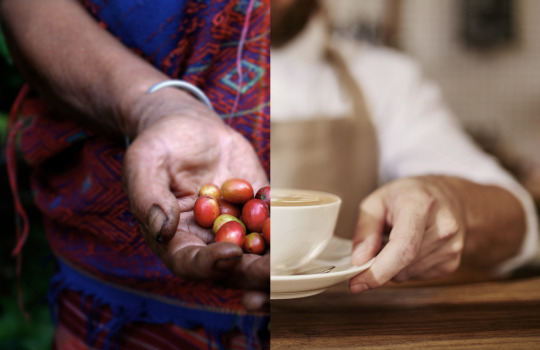
And as the landscape of specialty roasteries continues to develop at a pace across Europe and further afield, the opportunities for sourcing high-end traceable and transparently-traded coffee has never been so great. From green bean importers to innovative tech platforms aimed at empowering producers to find buyers directly, roasteries are faced with a growing range of options for sourcing green beans as ever before.
In a bid to gain a deeper understanding of the broad spectrum of routes that coffee roasters take to inform their buying decisions, algrano has commissioned a Barcelona-based design collective to gain insights into what drives a roasters’ motivation behind the decision on their next coffee contract. “We see a world in transition towards an emerging new social, economic and environmental paradigm,” says Adrià Garcia of Holon. “For us, algrano has a clear mission to empower coffee growers so it was easy for us to collaborate with a company with a shared purpose – to open up a new window into El Salvador, or say, a door into Kenya”.
The Holon team spent time with six coffee roasteries - Nømad, El Magnifico, Dos Mundos, Schneid-Kaffee, and UCC Coffee - to map out the steps that roasters take when choosing their coffee. The first ‘discovery’ phase involves a process of requesting samples from different sources and origins to find the freshest coffee available. Fran Gonzalez of Nømad explains how he takes an experimental approach to sourcing new coffees: “I spend three to four hours every week looking for new coffees – I look at offer lists from new importers and the ones that I know,” he says. For Fran and others, it is the search for uniqueness in flavour and taste profile that guides their quest for a standout coffee.
Other roasters are more cautious in their approach and try to keep more of a sense of continuity to their stock management: “I don’t want to change coffees too much as the price fluctuates, customers don’t always understand it”, adds Sebastian Schneider of Schneid-Kaffee. Yet despite the different approaches that roasters take, the year-round effort to discover new origins, request samples, taste and choose a particular coffee is an organic and fluid process that requires a good understanding of the harvests and seasons.
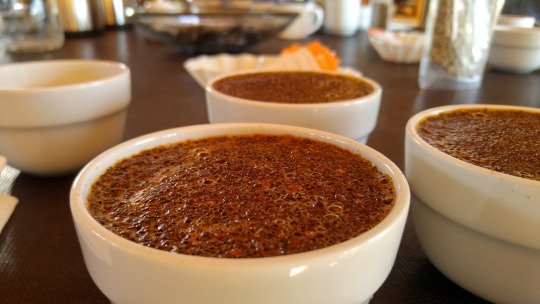
Roasters explain that the next crucial phase of cupping samples involves a balancing act between what is offered or trending in the market at a specific time, and what meets their business need. At Dos Mundos, this is usually done with a number of cuppers to contrast opinions and and share views on cup quality and profile: “The three of us cup and in the morning the following day, we make a decision to buy,” says Lukáš Zugar before adding that although quality in relation to price is a principle factor, they are looking for transparency and traceability that offers a window into the story behind each coffee.
This is the moment that roasters will more-than-often seek to find out further information about the coffee’s provenance, its availability and even establish a dialogue with the producer: “Out of the most extraordinary coffees taste-wise I choose the one with the more interesting story because this helps to sell the coffee to my customers. I want to know what the farmer did with the coffee, what role the farm plays in the community and how they treat their workers,” adds Cássia Martinez of El Magnifico.
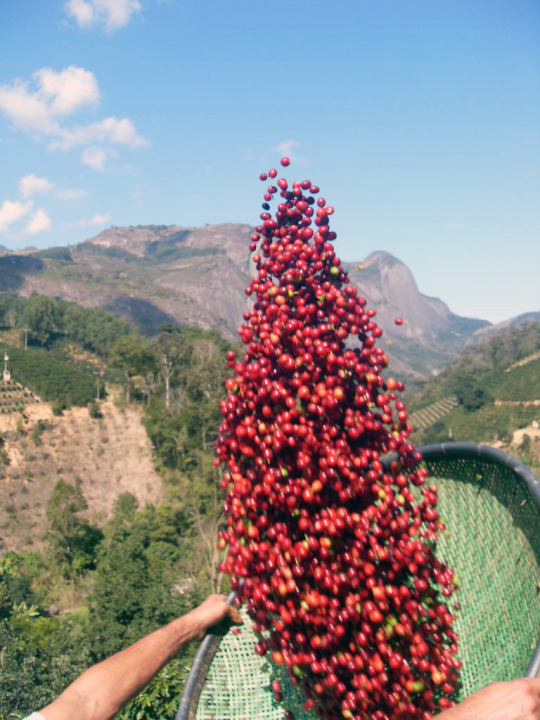
Harnessing new technologies designed to help facilitate more dialogue, exchange of ideas and direct peer-to-peer trade between both sides of the value chain is helping to bridge this gap. The results of these interactions are the seeds of a paradigm-shift in the way that specialty coffee is being discovered, sourced and finally presented to the marketplace. Since 2013, algrano has been pioneering a millennial approach that empowers growers to access specialty coffee markets through a platform that connects them directly with roasters globally.
Johannes Just of Geyst, a Swiss-based branding company who is working with algrano to help evolve the trading relationship with roasters and growers in the digital space, comments: “It wasn’t just about the business idea for us, algrano has the disruptive potential to change the way specialty coffee is traded, and we found this value proposition very interesting. The relationship between transparency and specialty is something that is really growing at the moment – it is a trend in the market that puts more power into the hands of producers while strengthening the link with roasters.”
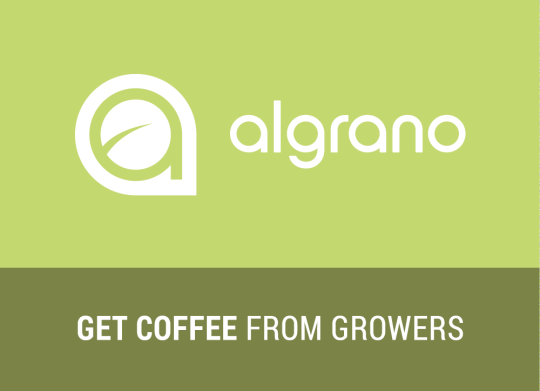
Christian Burri of algrano, says: “We are continuously looking at ways to improving the experience, offline and online, based on the feedback we receive. This includes a more streamlined website platform that shows the right information at the right time for roasters and growers. Our logo also gets a fresher look with a new color palette as we strive to make sourcing coffee from origin more simple”.

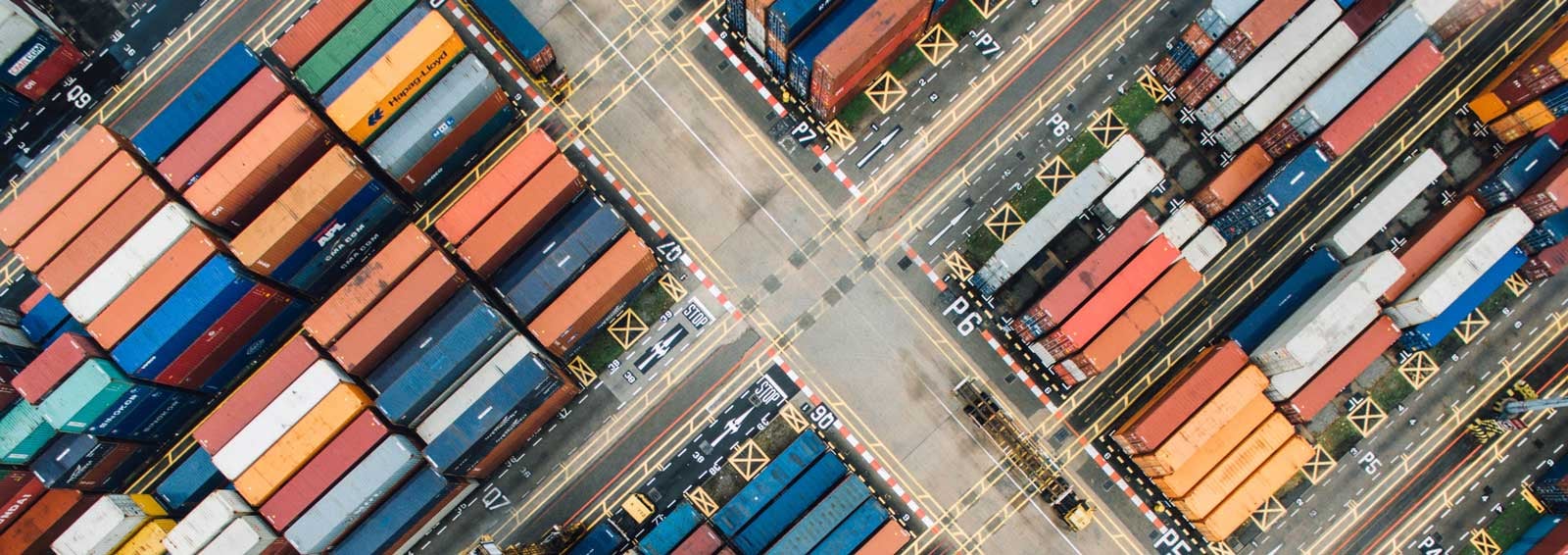
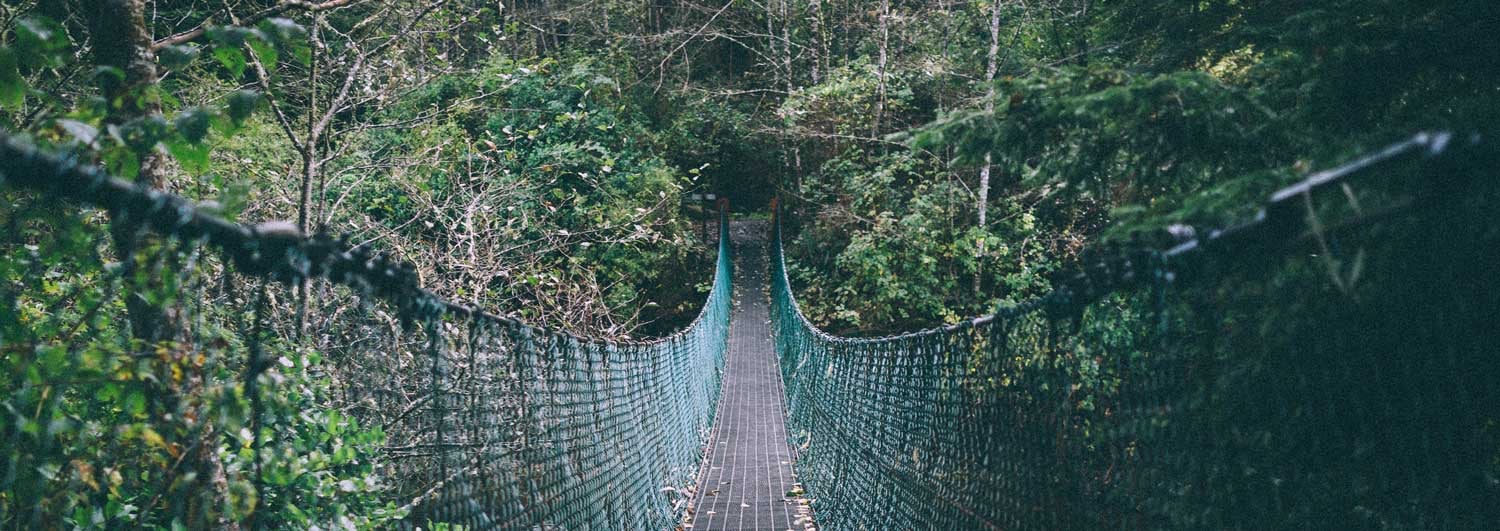
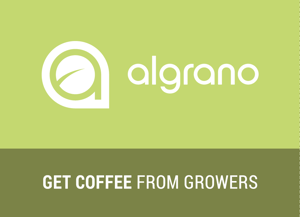
Let Us Know What You Thought about this Post.
Put your Comment Below.